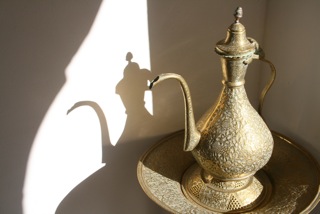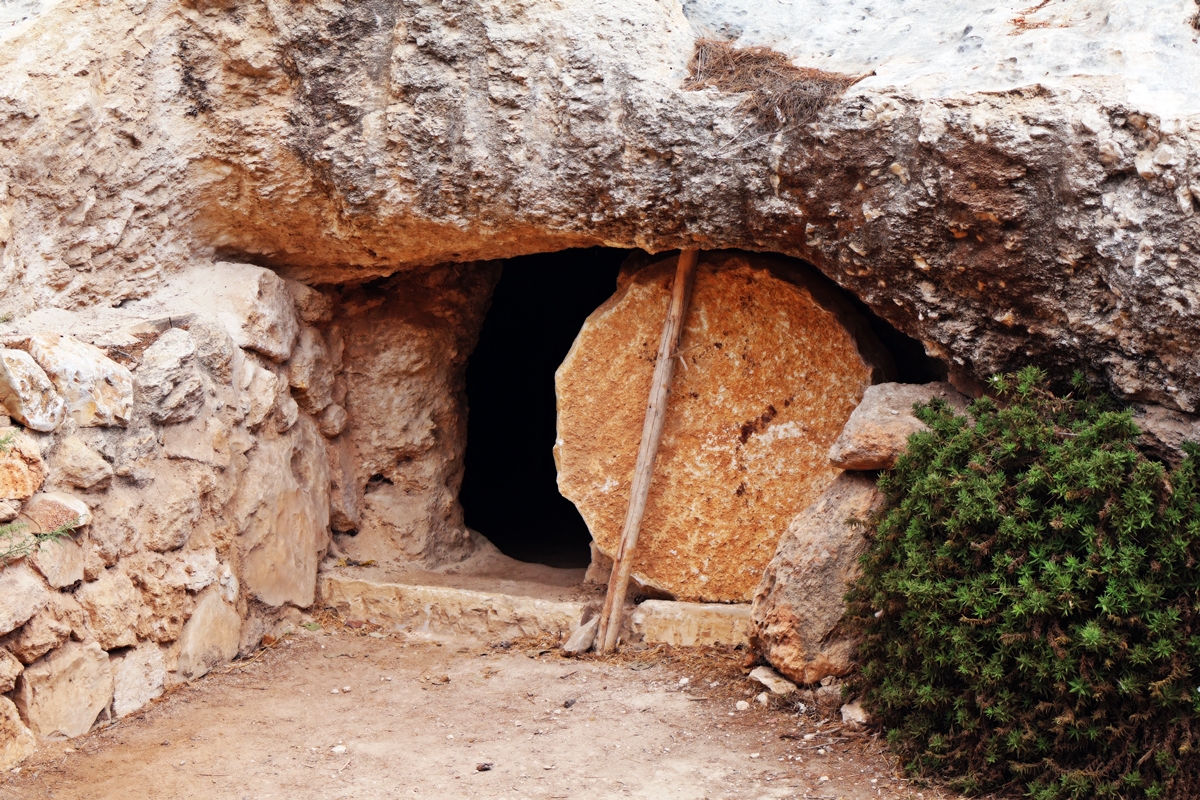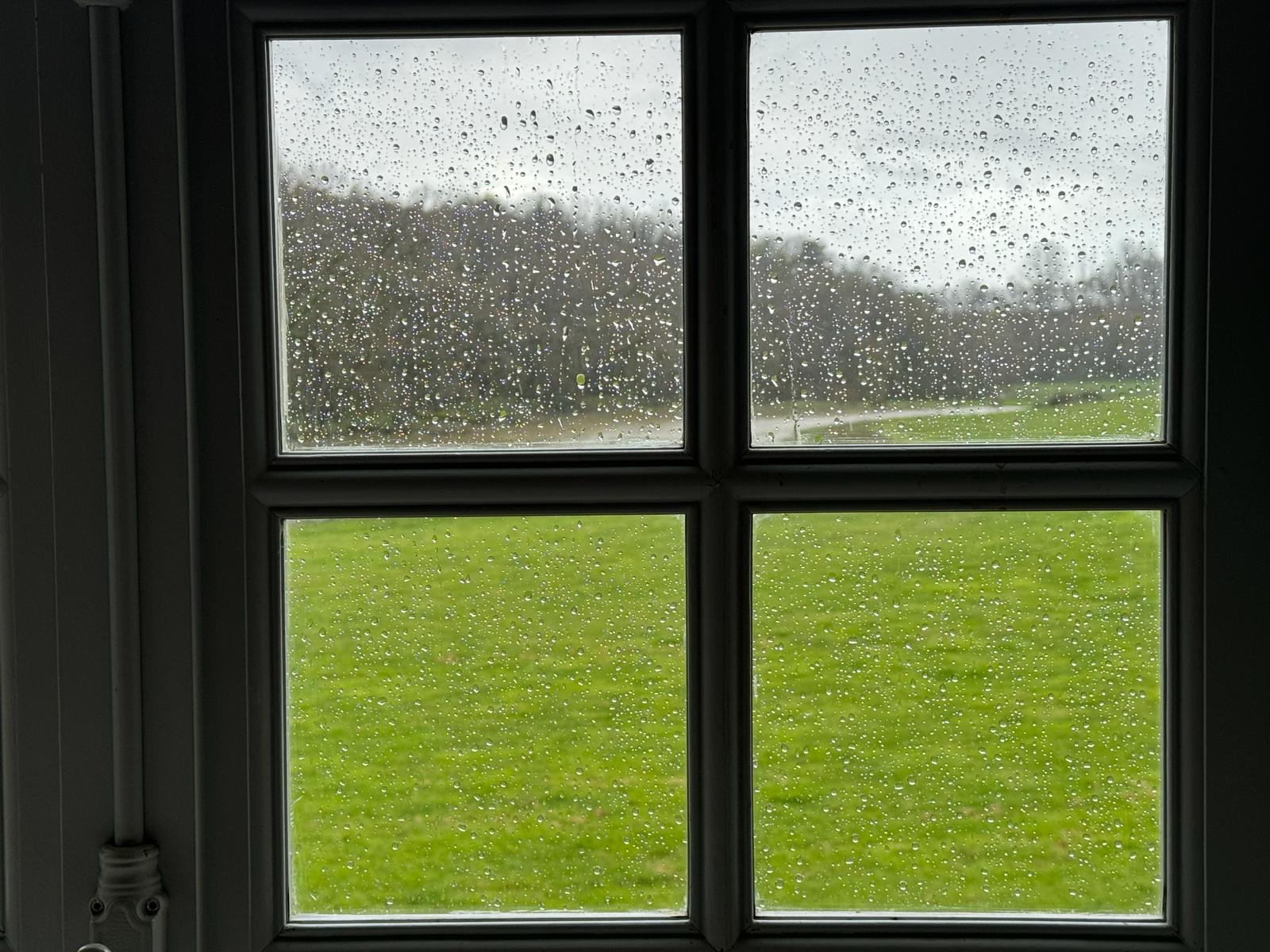
Life is so infinitely and marvelously varied that only one basic attitude allows us to enjoy all of it to the full – and that is detachment. But this is so hard to believe and practice because detachment feels at first as if we are losing the very thing we love and long to enjoy permanently.

Life is so infinitely and marvelously varied that only one basic attitude allows us to enjoy all of it to the full – and that is detachment. But this is so hard to believe and practice because detachment feels at first as if we are losing the very thing we love and long to enjoy permanently.
The illusion of permanence is the problem. First, we imagine that what we desire is permanent. And then we make a bigger mistake by trying to make permanent our possession of the impermanent. This alienates us from the reality of what we desire and replaces it with a dream image that causes increasing levels of suffering until it finally dissolves like the vapour cloud it actually is. We feel then that we have lost what we wanted. We weep and wail although we have lost only its image, the thing we saw as having a permanence that nothing in the universe has. Here we have no abiding city, says St Paul.
Loss is itself a kind of illusion – although a painful one because illusion certainly does have the power to cause pain. The illusory nature even of loss is hard to believe. Yet facing the facts shows us that what we are losing is our attachment to something or someone not the thing or person itself. This can feel like pulling something up by the roots, cruel and violent. Recovering from the loss – always a kind of death – takes time and may even occupy major portions of our life until the obvious truth finally dawns as an insight into reality. During these days of detachment we are getting ready for the three days of Easter during which we have the opportunity to understand the real nature of death.
Confusing detachment with loss is the reason we dread death and repeat the same patterns of our mistakes in life. Trying to possess the freshness and beauty of the present moment is like trying to breathe life into a statue or a picture. As William Blake said, we have to learn to kiss the joy as it flies and live in eternity’s sunrise. The forty days of Lent are dedicated to understanding this in our daily experience.
Laurence Freeman OSB
Listen to the Lent Daily Reflections Podcast HERE



